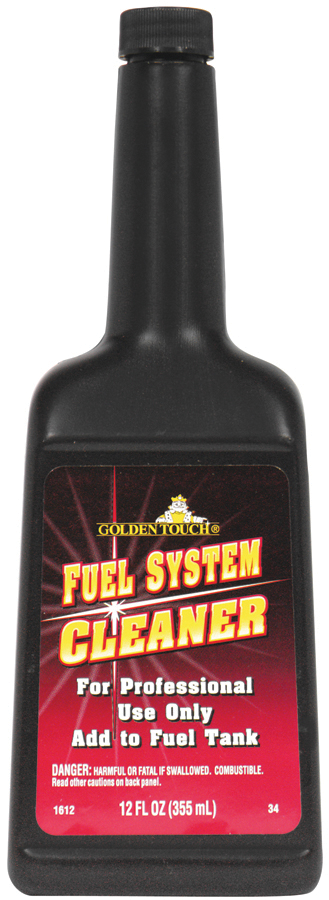Most vehicles have two air filters, one that filters and cleans air before it enters the engine and another that filters and cleans air before it enters the passenger cabin.
The engine air filter and cabin air filter both play important roles in the efficient operation of your vehicle and the health and safety of your passengers. So, it’s important that you check both filters regularly and replace them as recommended by your vehicle’s manufacturer — or sooner if a filter is so dirty and clogged that it cannot effectively filter the incoming air.
Oil Can Henry’s provides two convenient replacement services:
Engine Air Filter Replacement
Air flow is an important part of the combustion process that powers your vehicle’s engine. Air is drawn into the engine through the air filter, which cleans and filters the air to keep impurities such as dust, pollen and insects from damaging internal engine components.
What are the benefits of replacing an engine air filter?
A dirty or clogged air filter reduces the amount of air that can be drawn into the engine, which can reduce engine performance. Periodic air filter replacement is good preventive maintenance. By replacing a dirty air filter, you can protect your engine and maintain engine performance.
When should I replace my engine air filter?
Oil Can Henry’s checks your air filter as part of our Famous 18-Point Full-Service Oil Change.
Replacement intervals for your air filter will vary, based in part on your driving conditions. A good rule of thumb is to check your air filter regularly and replace it every 10,000 – 15,000 miles. Refer to your vehicle owner’s manual for recommended service intervals.
Is the engine air filter the same as the cabin air filter?
No. The cabin air filter is different than the engine air filter, which filters air as it is drawn into your vehicle’s engine as part of the combustion process.
Cabin Air Filter Replacement
Your vehicle’s cabin air filter protects you and your passengers by removing pollen, dust, bacteria, exhaust, mold spores, and other contaminants from the air that circulates through your vehicle’s heating, ventilation and air conditioning system. This is particularly beneficial for people who suffer from allergies.
When your vehicle is in motion or when the ventilation system is in use, impurities from the outside air are vented into the cabin. These impurities build up inside your vehicle and create an unhealthy mix of pollutants, pollen, dust, and gases. In fact, pollen and harmful substances inside a vehicle can be up to six times more concentrated than outside.
The cabin air filter provides cleaner air in the cabin of your vehicle by removing these impurities from the incoming air.
If a dirty or clogged cabin air filter is not replaced, it can cause musty odors in the vehicle and may even cause corrosion damage to the vehicle’s heating and air conditioning system. A dirty or clogged cabin air filter can also cause contaminants to become so concentrated in the cabin that passengers actually breathe in more pollen, fumes and particles when riding in the vehicle than they would walking down the street.
What are the benefits of replacing my cabin air filter?
Over time, the cabin air filter becomes dirty and clogged. As that happens, the filter becomes less effective at preventing contaminants from entering your vehicle’s ventilation system. This can result in mold, odors and reduced ventilation inside the vehicle.
That’s why it’s important to replace your cabin air filter as recommended by your vehicle’s manufacturer — or sooner, if it’s dirty or clogged.
When should I replace my cabin air filter?
Refer to your vehicle owner’s manual for recommended service intervals. Oil Can Henry’s can check the condition of the filter and replace it as needed.



